I’m working my way through a list of ethnic museums in Chicago. Got the Ukrainians and the Greeks checked off. (Hey, Latvians, I tried, but if you’re going to tell Google Maps you’re running a museum, might be nice if you find a nice little volunteer to open the place up. Or you could try posting your hours on the door. I don’t like to stroll through the ghetto for nothing.)
Then there’s the Irish American Heritage Center.
It sits in something like an old school building.
My husband and I dropped in on IBAM!, a festival of Irish books, art and music. I ate scones (which, in this case, resembled cheesy biscuits; every scone I meet is a totally different bread. But no matter; they’re all good) and scored a t-shirt in the gift shop. My husband made friends with the roomful of genealogists.
And I bought a book. Straight from the author. She probably sold more than any other author that day; her table was the first one by the door.
Anyway, Galway Bay by the lovely and friendly Mary Pat Kelly, is a novel based on Kelly’s own family story.
It starts with an unlikely romance: young Honora Keeley goes down to the bay to wash her hair and handsome Michael rises up out of the water, like a mer-man only without his tail, if you catch my drift. These two fall in without any of that does he like me? angst. But don’t worry. There’s plenty of drama ahead.
Old-world Irish live under the whims of the landlord. Every lease, every contract is more slippery than a wintry sidewalk. Just when you think you and the landlord are getting along great, he “remembers” that you owe a fat sum of back rent.
Into this mix rolls a putrid fog that spoils the potato crop. The “pratties” (potatoes) are the Galway Irish’s staple food, especially since their English landlords ship the rest of the crops to faraway markets.
[Note: Kelly’s characters liberally use Gaelic words and phrases. The author inserted a glossary into the back of the book. This glossary needed to be bigger. And Gaelic looks like a lovely language, though one without any pronunciation rules whatsoever.]
Far off “Amerikay” beckons. It’s an escape from starvation, if Honora can just convince Michael to pack up and leave. A few of their neighbors have already done it.
I don’t think I’m giving away too much by saying that, were Galway Bay a movie, you’d see a scene change from the lovely Emerald Isle to the blowing prairies of the American Midwest.
The strength of Kelly’s book is the ready-made drama of her relatives’ lives. Starvation, financial deprivation, humans on the high seas, a new land with new foods, new peoples (Who are these folks with dark brown skin and kinky hair?), new climate, and new enemies — good stories are made of all this stuff.
Honora and Company end up in Chicago, where they meet the Irish who came before the Great Starvation. These brothers and sisters have no idea how bad things were back in the old country, but they band together with the new immigrants. They may have forgotten the legends and language of the mother country, but according to Kelly, they considered each other kin.
You can see how Chicago’s machine politics got its start as immigrants crowd into rooming houses, search for work and deal with bosses who come up with ways to withhold pay from the dumb newcomers. In fact, Honora teaches her sons to solve problems with their fists, if need be.
And don’t forget that these immigrants landed in a country brewing with conflicts over slavery. If they think they left all their hard times behind, just wait until they see what’s around the next bend.
Galway Bay suffers from a few weaknesses. Kelly often forces the drama. She also switches between past and present tense. Finally, by the end of the story, she lets all the relatives onstage, and they are not a few. Did Irish Catholics have a lot of kids? Yes, but we all knew that. And did they name them the same seven names? Pretty much. Another Bridget? Another Michael? Aw heck, I’m thirty pages from the end. I’m not even gonna try to keep track.
The photos are from The Famine Memorial in Dublin
Featured photo by infomatique on VisualHunt / CC BY-SA

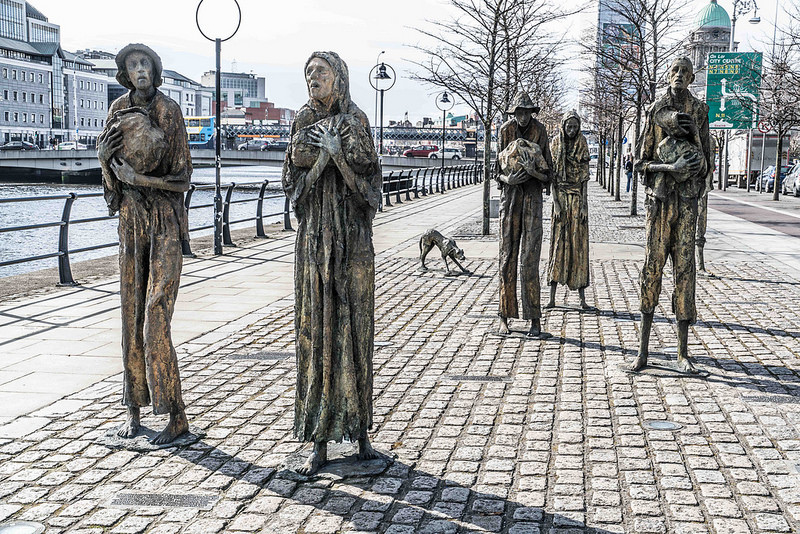
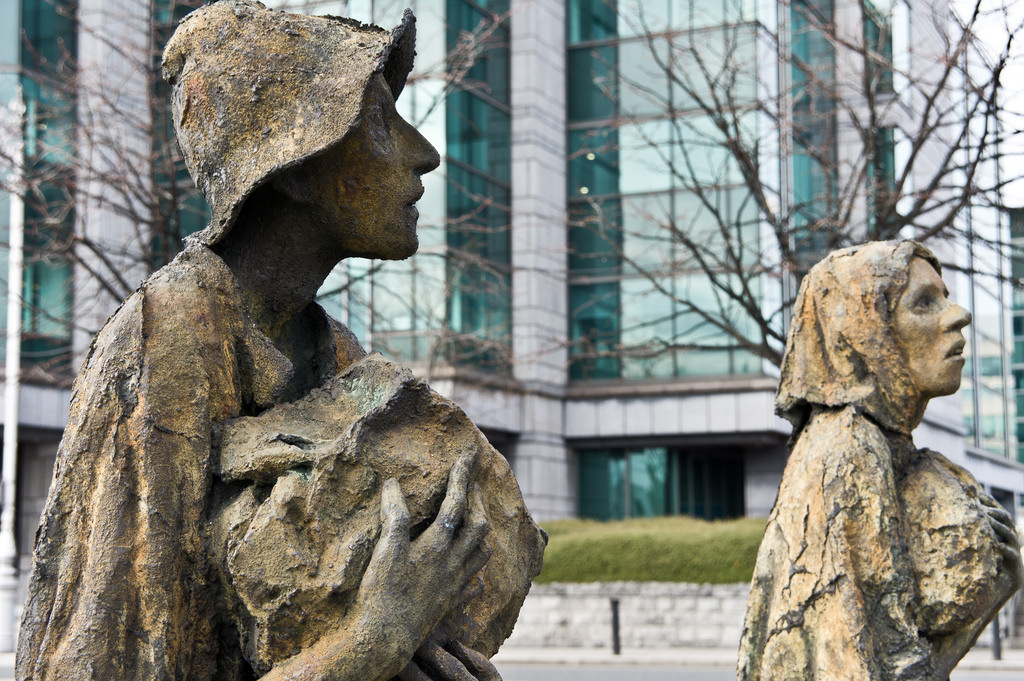

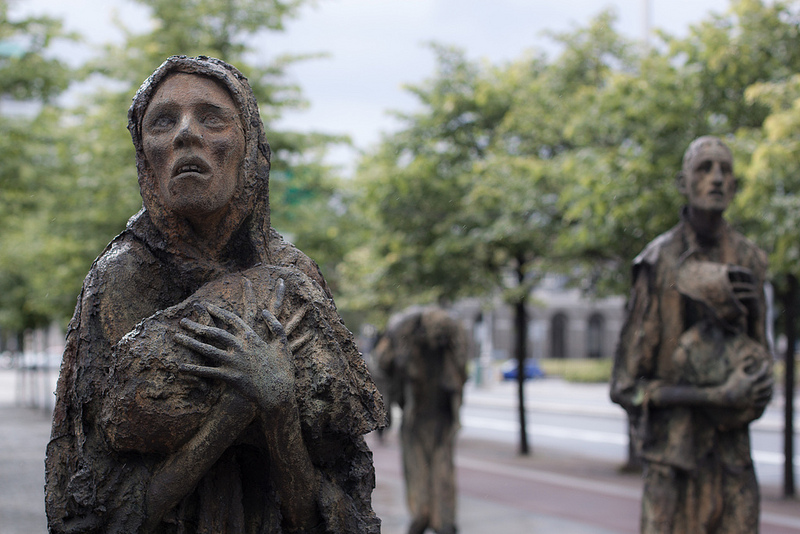
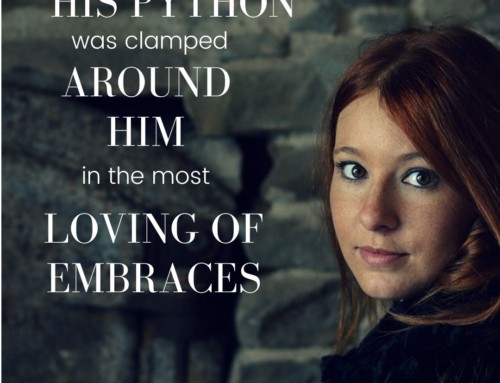
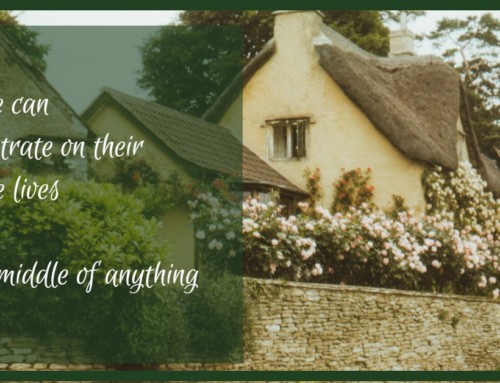
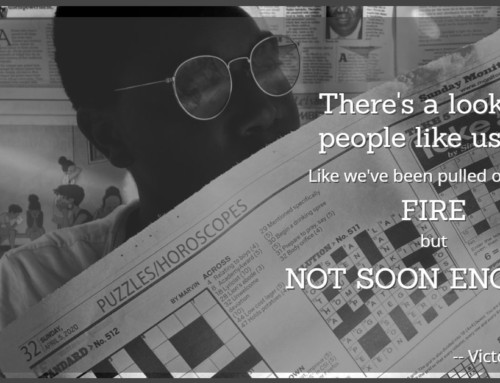

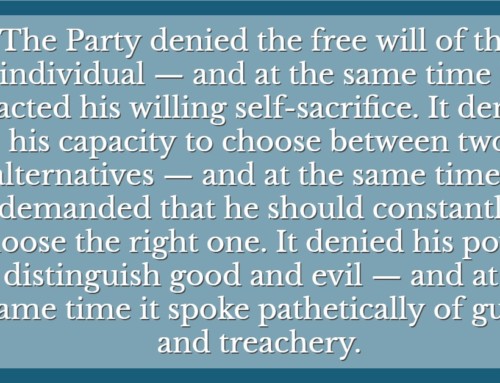
Leave A Comment